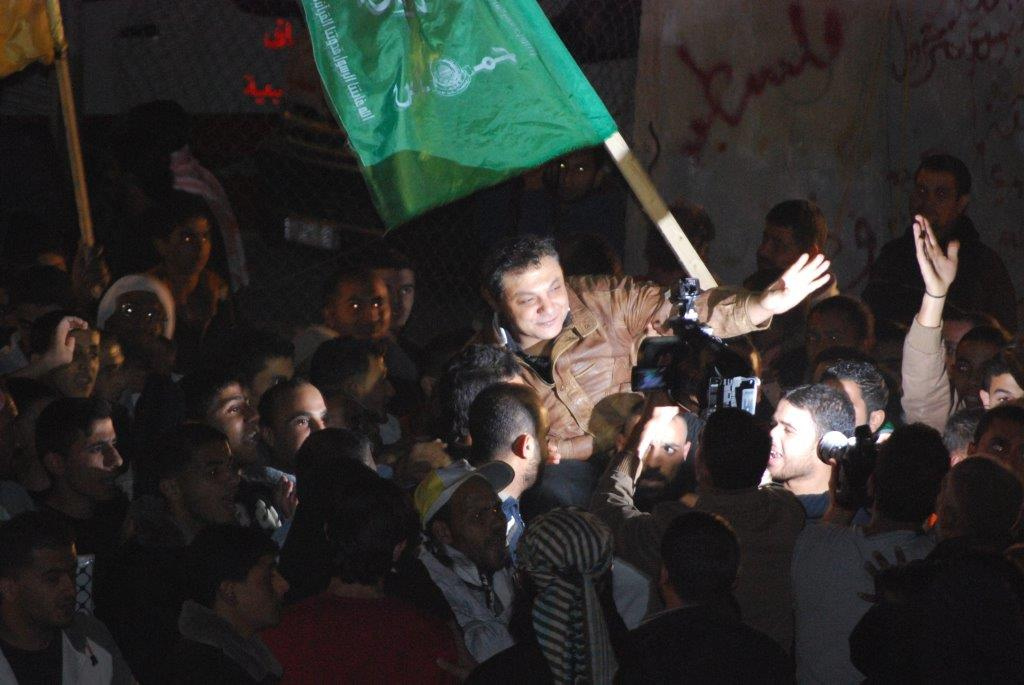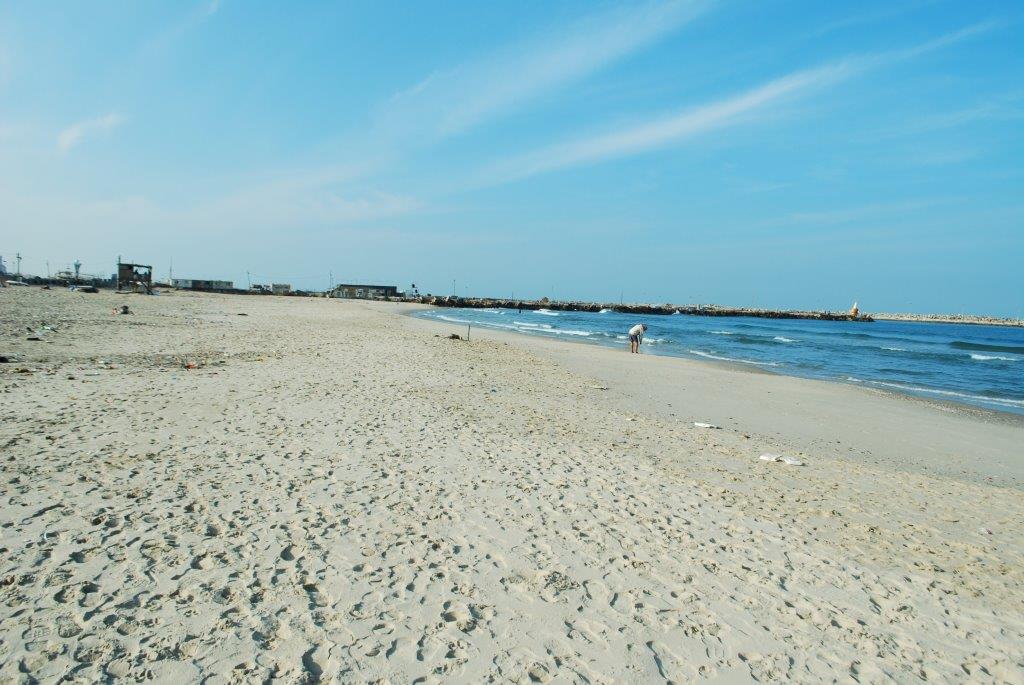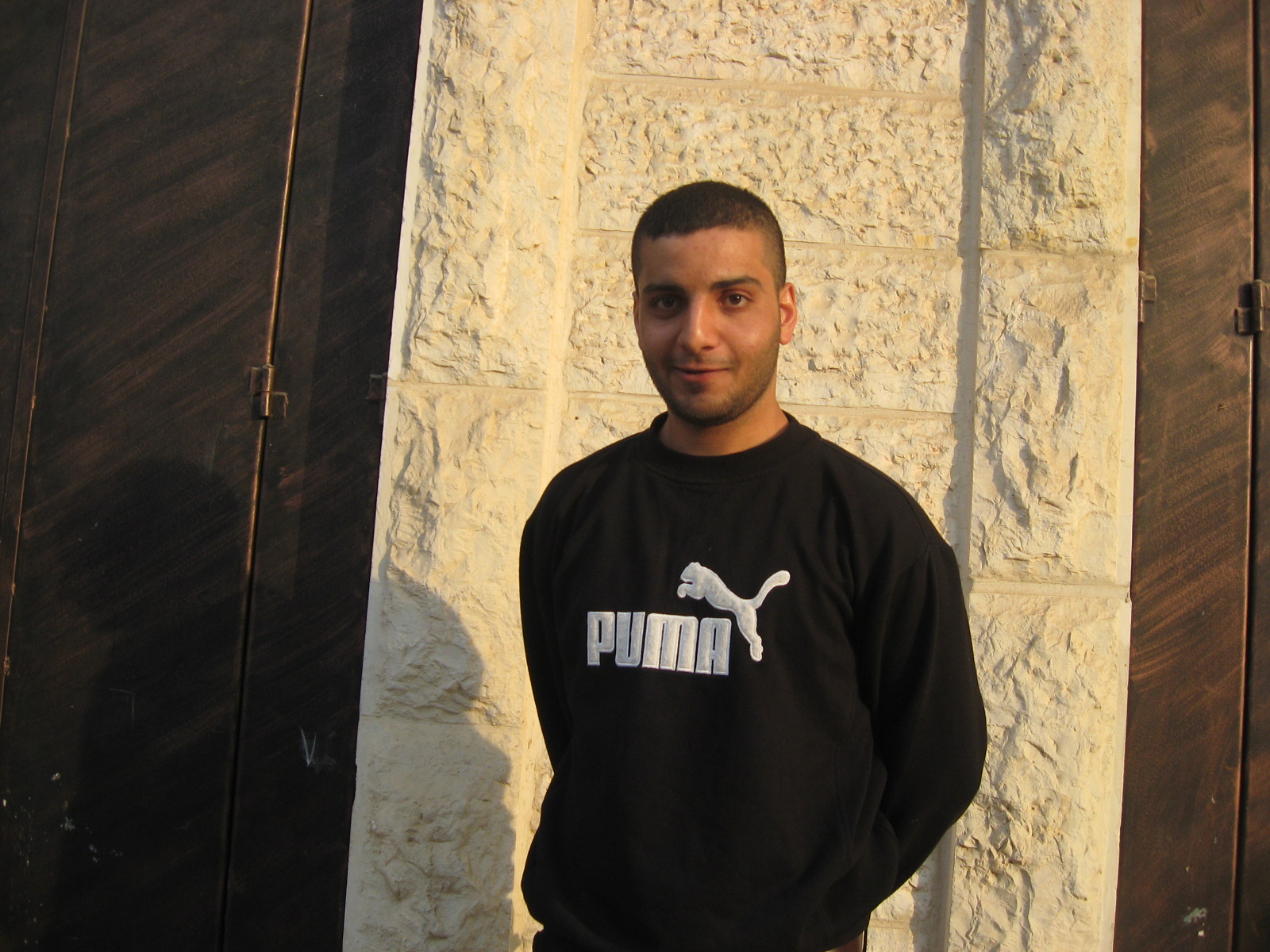Category: Journals
-
Metaphor in Gaza
23rd December 2013 | International Solidarity Movement, Charlie Andreasson | Gaza, Occupied Palestine You stand below a dam because you have discovered cracks where water leaks out. You try to seal them with your bare hands, but they are not enough. The pressure is too high, and the cracks too large. And you scream for…
-
Gaza has all the potential it needs, with one exception
16th December 2013 | International Solidarity Movement, Charlie Andreasson | Gaza, Occupied Palestine Long beaches with white, soft sand. A swim in the warm and clear waters. Surfing. Water skiing. Diving among wrecks from Roman times. The allure of small rays’ silent flights, and the luck of seeing turtles and leaping dolphins. Beach cafes with plaited…
-
Interview with Saeed Amireh: “The occupation affects our life in so many ways, economically and socially.”
28th November 2013 | International Solidarity Movement | Ni’lin Can you tell us a bit of the history of Ni’lin? In the past, Ni’lin used to be part of the area which is within the ‘48 borders now. In 1994, when the Palestinian Authority came, Ni’lin became part of Ramallah city. So now Ni’lin is…



